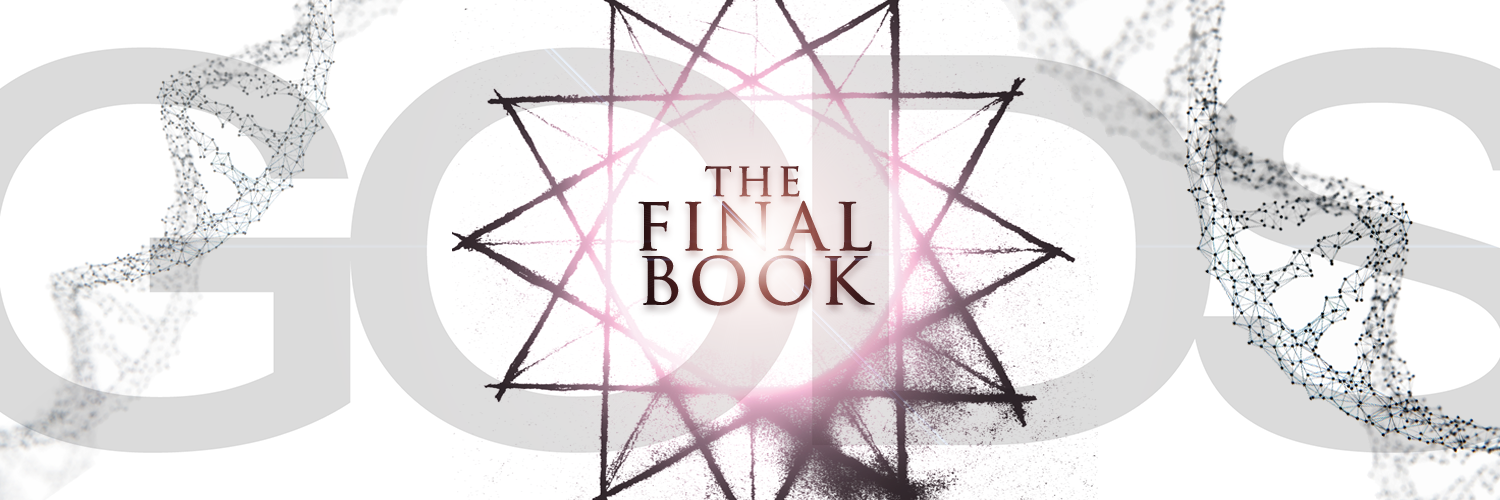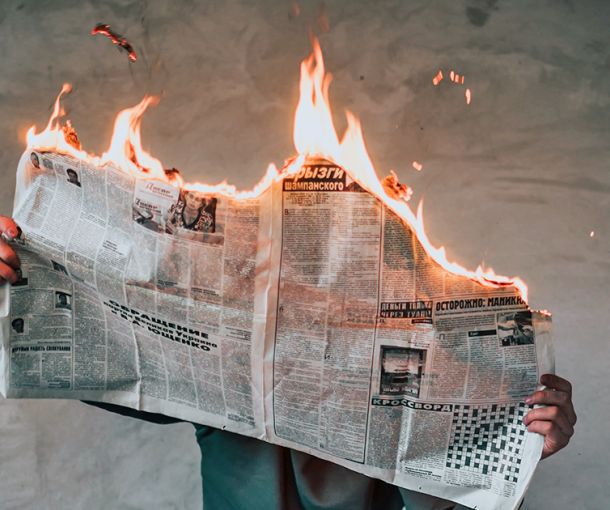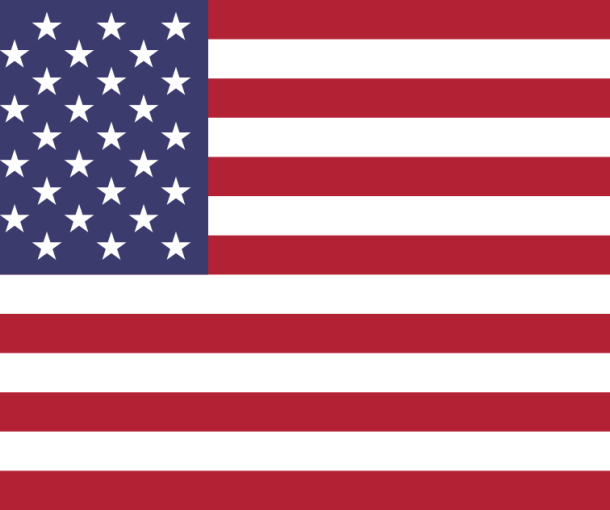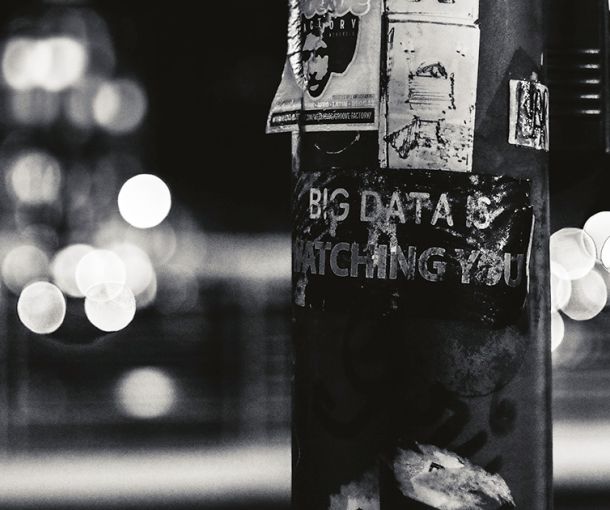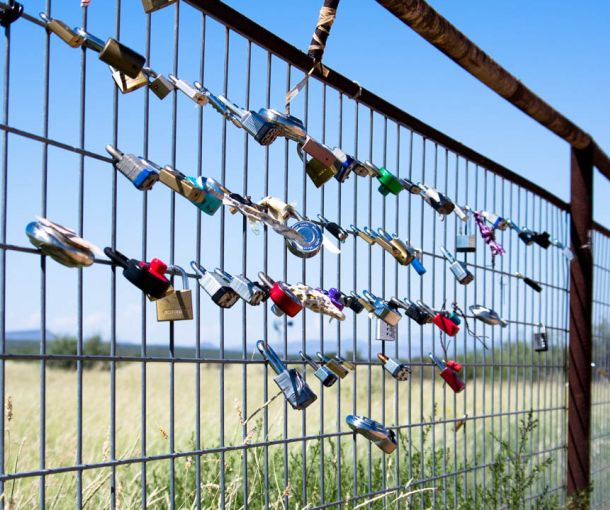The Las Vegas Massacre
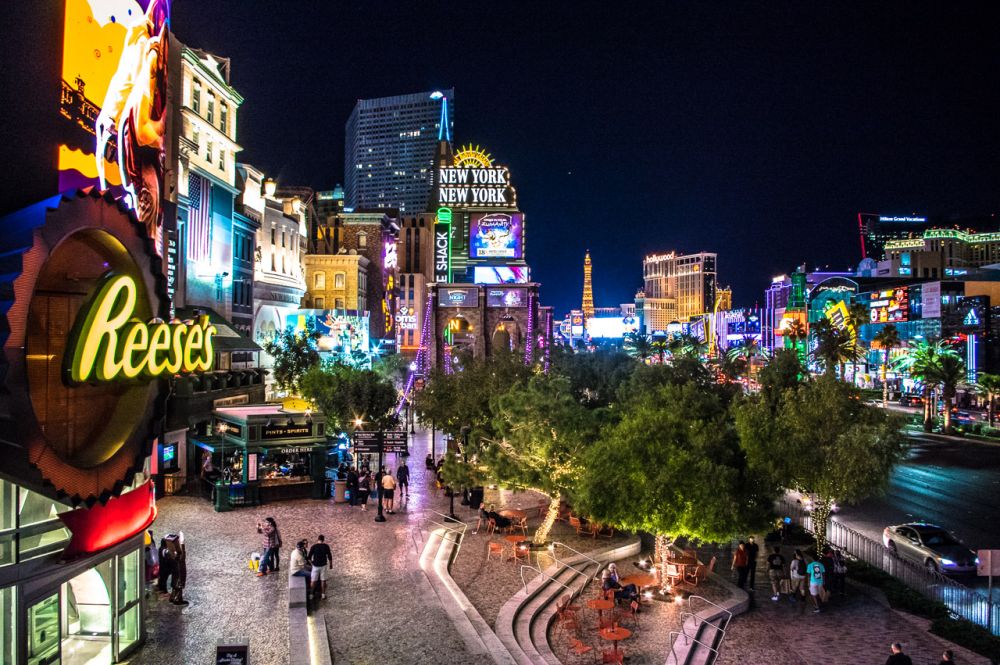
Today was… difficult.
October 2, 2017—the day of the Las Vegas Massacre. It was technically the night before, but the world woke to another tragedy. A community shocked and numb.
It wasn’t surprising—I feel like everyone knew something like this was going to happen at some point in Las Vegas—but that doesn’t make it any less devastating or easier to accept.
I’ve seen it closeup several times before. I have a lot of connections to the Columbine shooting—know people on the hit list, have friends who lost their friends. I was there for the Theater Shooting, was a couple of miles up the road from the New Life Church shooting, drove along the highways during the Arizona I-10 Shooter scare, and used to play arcade games where the Trolley Square Shooting went down. I have dealt with this in my backyard, I have seen it unfold through the eyes of people who have established roots in these communities.
Vegas still felt different.
Maybe because it’s the most recent. Maybe it's because each one is incomparable to the other. I know that the feelings haven’t been processed, and we still find ourselves trying to connect meaning in something so senseless.
Maybe it’s because I see new people dealing with these feelings for the first time. Contemplating mortality from a tangible perspective. Relating 32nd floor broken windows above a place they walk by each day. Listening to a new generation grapple with the prospect of the uncontrollable and unknowable.
What is the path of society? Is it ostentatious to believe that we are in control? Are these tragedies symbolism? Perhaps a prophecy of our future? Maybe they’re nothing—just chaos in a chaotic world? More people die and are injured each day in auto accidents and we don’t bat an eye. Death isn’t the problem. Killing isn’t even the problem. Justification is. We don’t know how to balance this type of illogical loss; there is no greater good, enemy, or noble lie to tell ourselves or our children.
As a whole, it’s incredibly difficult to exhibit any sort of sympathy or empathy toward humanity. Taken as one, we are solely responsible for these actions and the consequences are plain. However, I well with tears for the individual. I am up to my neck in quicksand, the more I struggle for you the deeper I sink. A martyr isn’t the solution—it never has been.
Some believe that a reckoning would solve our issues—a rapture—a biological genocide. If I believed a war would solve anything, I’d command God to bring forth his fury. But I know that out of the ash and rubble, a reset button yielding resolution is fantasy. What basis to do I have to believe that the future would be any different from the past? Human destiny is our own and we must bear it. A divine hand of Nature or God has already provided us with all that we need, to ask for any more is unconscionable. Humanity must become accountable for ourselves—we must mature. It is difficult, and it is our duty.
People want to interject spirituality into this debate and I find that natural. The only way to ease the pain of inconceivable actions is to appeal to inconceivable being. It’s a reasonable response that produces a reasonable result—not a tangible one. At some point something has to materialize. The blood and guts are real but the response isn’t. While conceptual and material will always be part of what it means to be human, we should never confuse the two—and always remember that the bridge is connected through each of us.
Conceptual and terrestial laws have not, and will not solve this problem. I’m not negating your feelings—the laws might make you feel better—but that feeling is fleeting, especially after more bloodshed. The law is your illusion of control—they are social facts, not solutions. Laws are like money and the only reason it works is because we all agree that it has value. Humanity has already established, and we all agree, that human life has value. Someone who falls outside of this agreement, who rejects this universal value, cannot and will not be contained by laws of God or laws of State. Accept this.
To restate in different terms, the process of change through law only has bearing on those who abide by it. Every single police officer, judge, lawyer, and criminal understands this concept—only the “good guy” is perplexed by this notion, and then easily exploited by their society (governments). In turn, every single bishop, prophet, sage, and nihilist understands this concept—only the "good guy" is perplexed by this notion, and then easily exploited by their beliefs (religions).
What we do from here forward depends upon your understanding of society. What is society? What is its function? What are you willing to exchange for it—your labor, time, money, identity, goodwill, and freedom? Historically, a concession of each of these in various degrees is needed in order for any human society to function.
Classic liberals believe in community, wholeheartedly. Individualism is immensely important, but secondary to the common good. They presume that the individual aligns themselves with a higher order, such as the State (society). This is a terrestrial perspective. Classic conservatives believe in the individual, wholeheartedly. Community is immensely important, but secondary to the good of the individual. They presume that the individual aligns themselves with a higher order, such as religion (God). This is a conceptual perspective.
The question is, what do we do with people that do not align themselves with the State or God? These people are usually your rulers. They are your kings, popes, presidents, Genghis Khan's, Alexander The Great's, and Constantine's. Alternatively, these people also tend to be your sociopaths–and the line is very thin. They see the construct–the rules by which we play–the framework that makes one human. And then they make a choice. In our physical world, that translates into the manageability of human interaction. God and State are simply the vehicle. Accept this.
To put this into context, and you see this daily–half of our country is at odds with the State. Half of the world is at odds with religion. Both fronts, regardless of your allegiance, are being combatted. The struggle is encompassing and the war is global. Those winning are not concerned with principles.
Is there a universal unity that supersedes the conceptual and terrestrial dispositions? The individual and collective? The State and God? That binds the lone wolf to the pack?
There is. But, historically, it hasn’t proven to be something that we value—humanity. We don’t value the species, we are not working toward our universal survival, we have never earnestly accepted ourselves as a whole.
Science, up until about a hundred years ago, didn’t accept that all races were in fact a part of the same species. Science didn’t accept that black, white, Native, Polynesian, Middle Eastern, and Asian were all the same “humanness”; even that man and woman were the same. Religion intrinsically perpetuates this division. History has exemplified our divide as far back as written word has existed, and that’s a strong chain to unshackle.
Globalization, through Magellan and technology, have made our world much smaller and these divisions are clashing. It’s important to remember that this isn’t Earth’s problem, but rather it’s humanity’s problem. Earth has been here before, and it will be here after—whether we reach a resolution or not.
Pandora’s Box was opened when we came into being and the only way to close the box is by ceasing to become—that only leaves us with the solution of managing forward. Whether you align with the State or God, no one can escape being human–even the lone wolf that is capable of rejecting all other constructs. However, the question persists, will the concept of “We” have any affect over the man 32 floors up with an automatic weapon?
2,500 years ago, Plato tried to address this problem in the Republic with the Noble Lie—the origin of communism. Terrestrialists believe you may attempt to solve the problem of the mass shooter by removing people's sense of freedom and re-prioritizing individual achievement by attributing it as a reflection of the State. One's lot is caste upon birth and their “I” belongs to the "We" (State). What is good for the individual is good for the State, and what is good for the State is good for the individual.
Both prospects, individualism or socialism, do little to ease the mind or make sense of the complexities of being human–they're simply redefining the external. Neither model protects against or prevents an independent mind (which each of us has) from rejecting the system and becoming the lone wolf. Yes, our current construct proves that it will give us the shooter, and a cosmopolitan utopia has yet to exist, but I am no less convinced that the “We” will solve the problem, as it too doesn't address the issue that causes it.
Perhaps the fault is in our irreconcilable differences between "I" and "We". The concepts have always been at odds with one another and seem embedded in us from the start. Reasonably we think of ourselves as an “I” but yet our physical survival depends upon the “We”. Humans have yet to define or explain the “I” and we still don’t know where the “We” came from. Our existence has no solid foundation–no identity–and we’ve literally been making it up as we go along. This is an awing concept to contemplate, especially considering what we do know and what we have achieved.
With that said, if we’re simply making things up as we go along, it is then reasonable and tangible to make the world whatever we want it to be. This has always been in our ability—from the very start. It’s no more complicated than that, and never has been. The one thing that always remains, our one constant, is that we will always be human.
Focusing on controlling the "I" or "We" is misplaced energy. It's irrational to control something that is unknown. It's ultimately a war waged upon oneself—whether that “oneself” is an individual, society, or the whole of humanity. Simply accept both as one. Accept that you are human. Accept that no one has a monopoly on the past or future. Accept that humans are responsible and accountable for humans. Accept that laws and control, good and evil, society and churches, science and religion are human constructs—and that none of these things can explain or predict what it means to be human.
Everyone wants causality—an explanation of why. Human is the reason why. And that’s the hardest thing to accept.


